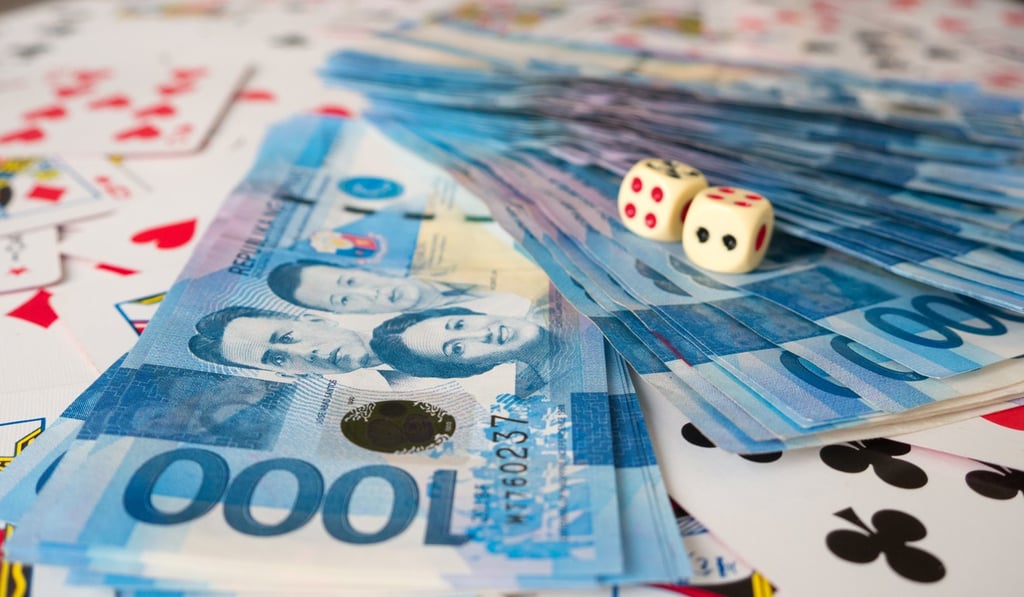Two Chinese tourists kidnapped in Philippines after losing US$140,000 at Okada casino
- Rash of casino-related abductions sees Chinese pair and two Filipinos held hostage but eventually rescued by country’s dedicated anti-kidnapping police
- Eight suspects are arrested including two Chinese who say they work for Macau-based junket operator Suncity

Four more casino gamblers have been kidnapped in the Philippines, bringing the number of abductions since 2017 to 56, the country’s anti-kidnapping police unit disclosed on Thursday.
Two of the victims were rescued on Tuesday after the Chinese tourists handed over 1 million yuan (US$140,500) to their kidnappers in exchange for the equivalent in casino chips.
The other two abductees, both Filipinos, were retrieved last Friday by the Philippine National Police Anti-Kidnapping Group, according to its spokesman Elmer Cereno.
There have now been 55 kidnappings in the Philippines involving Chinese victims since 2017, Cereno said. Beijing has expressed concern over the abductions and has even asked Manila to ban online gambling, which has attracted large numbers of Chinese migrants in search of work in the booming industry.
The latest cases involved two Chinese holidaymakers named Li Ning and Yang Yang, who flew from China to Manila on August 30 and booked a room at the Okada Manila Resort and Casino in suburban Paranaque City.
